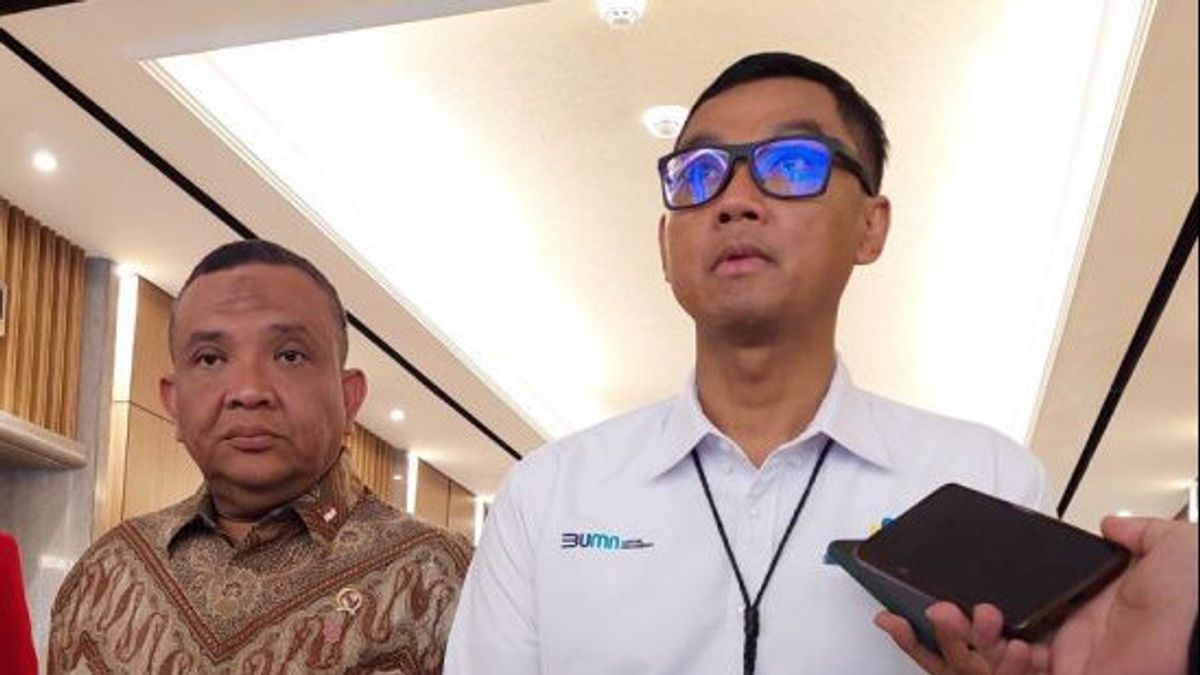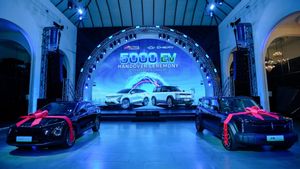PT PLN (Persero) is committed to reducing carbon emissions to achieve Net Zero Emission by 2060, one of which is by building an electric vehicle ecosystem in Indonesia.
PLN President Director Darmawan Prasodjo explained that the transportation sector is one of the highest contributors to carbon emissions in Indonesia. No less than 280 million tons of CO2e are generated from the transportation sector. If left unchecked, then in 2060 the emissions will have 860 million tons of CO2e per year.
"We are here to ensure that future generations are better than today. PLN is fully committed to being able to reduce greenhouse gas emissions," said Darmawan.
He further said that the use of electric vehicles is more environmentally friendly than fuel vehicles. From the calculation of 1 liter of fuel equal to 1.2 kWh of electricity. The 1 liter carbon emission is 2.4 kilograms. Meanwhile, 1 kWh of electricity in the electricity system in Indonesia is still supported by the PLTU, the emission is about 0.85 kg of CO2e. This means that if 1.2 kWh, the emission is about 1.1 kg of CO2e.
"By using electric vehicles, we have become a part of reducing carbon emissions by more than 50 percent," he explained.
To make it easier for electric vehicle users, PLN is ready to provide various incentives and services, one of which is with home charging services.
This is a lifestyle change. PLN will facilitate by providing home charging for every purchase of electric vehicles. For that we have collaborated with electric vehicle manufacturers. So when there is a purchase, the data comes in, then we will install it directly at home charging at his house," he said.
Director of Air Pollution Control of the Ministry of Environment and Forestry (KLHK), Luckmi Purwodari said the air quality index in big cities is very low. According to KLHK records, Jakarta, for example, for air quality in a year in 2021, only 12.88 percent.
"So the use of electric vehicles in essence is to reduce the use of increasingly limited natural resources, especially in terms of fossil fuels. Next is to reduce global warming due to climate change and improve air quality," he concluded.
The English, Chinese, Japanese, Arabic, and French versions are automatically generated by the AI. So there may still be inaccuracies in translating, please always see Indonesian as our main language. (system supported by DigitalSiber.id)












